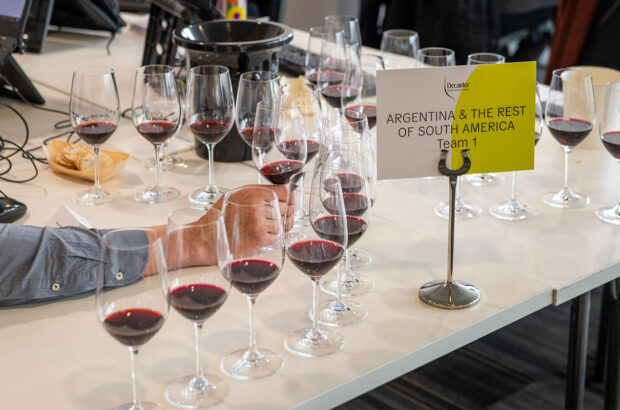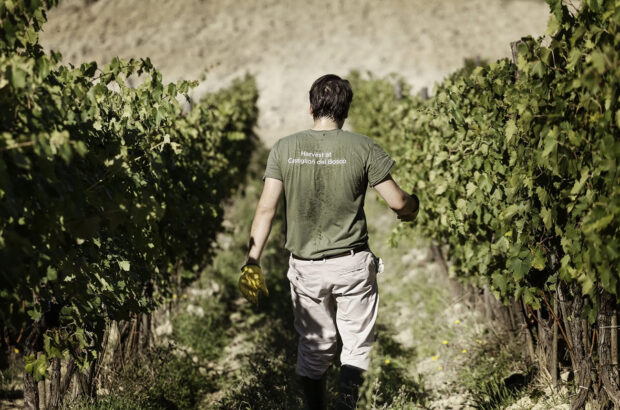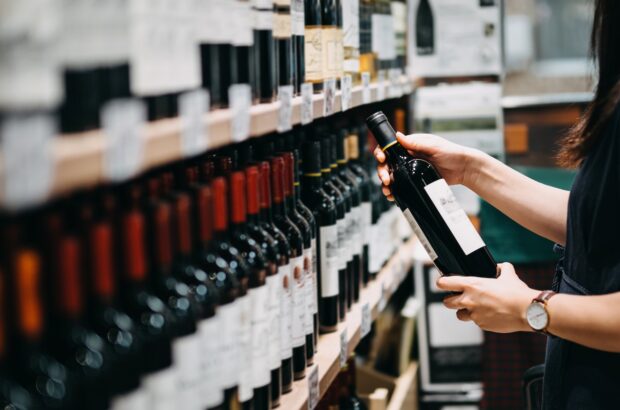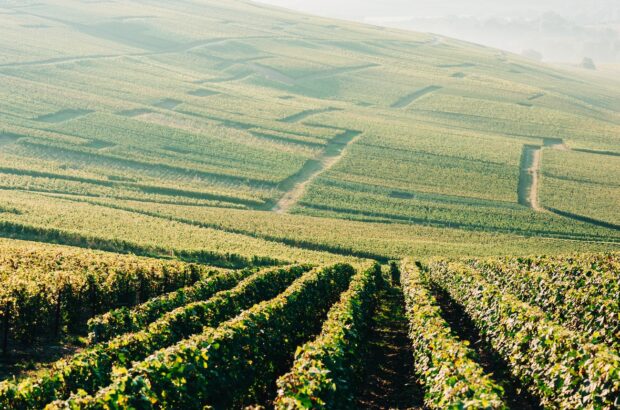You might, of course, be tempted to lock yourself in the cellar with that case of 1982 Mouton that you bought back in the days when you had money, pull a giant Maga hat over your head and ask friends and family to wake you up when it’s all over – assuming the planet hasn’t been reduced to a smouldering husk. Though even then the Italians would probably still find a way of producing suspiciously large amounts of Prosecco.
If you can’t face reality, but are also concerned that a 12-month hibernation might make you a bit, well, out of the loop, then Decanter has the answer. Chris Losh has picked through the entrails of one of the six remaining Bengal tigers* to see what wine lovers can expect from 2025.
*no tigers were harmed in the creation of these predictions. Only poorly-chosen metaphors.
January
Elon Musk uses his one-time social media platform, Ex, to launch a blistering attack on Europe’s governing wine bodies.
In a series of furious posts, the Tesla boss says that growers should be ‘free to plant what they want where they want’, get rid of the ‘tyrants who rule with an iron jackboot’ and ‘liberate themselves from the woke wine virus’ before asking growers to join him on his new vineyards in Greenland.
French growers, however, remain largely unmoved by his rhetoric.
‘I’ve never heard of Élan Musk,’ says one. ‘I don’t wear aftershave…’
February
Disruptive Californian wine brand Jump The Bandwagon sets a record for a new launch by selling one million bottles of its new weight-loss wine, Ozem Peak in less than 24 hours.
Described as a ‘white Zin but with less sugar and some other stuff thrown in’, its creator is adamant that the science is solid.
‘Just like weight-loss injections, it’s all about removing the desire for consumption,’ says winemaker Wyatt Zin. ‘And believe me, once you’ve had a couple of glasses of this stuff, you’re not going to go back to drinking wine in a hurry.’
March
The UK government announces plans to kick-start the country’s economy with an ambitious construction programme of 250 ‘rehoming hostels’ for English wine.
‘Every year, millions of bottles of English wine appear in our country with nowhere to go,’ says Minister for Wine Homelessness Noah Market. ‘If people aren’t going to drink them then we’d rather they were safely tucked up in a warehouse than sitting unwanted in chilly cellars.’
Leader of the opposition Comic Badenough says the hostels scheme is ‘harder to swallow than English red wine’ and that the bottles should be ‘shipped off to Rwanda’.
April
Bordeaux’s chateaux are accused of ‘cynicism’, ‘wilful semantics’ and ‘deliberately omitting the definite article’ when they attempt to whip up excitement for the en primeur campaign by describing 2024 as ‘a vintage of the century’.
May
Early feedback is mixed as Google unveils its new ChatAOP tool, which uses Artificial Indifference to provide customers with a ‘digital sommelier’.
‘It took me 15 minutes to log in, ignored my preferences, tried to upsell me to a bottle of £80 Armenian red because it was “naturally fermented in a tree stump”, and refused to accept that it was faulty even though it smelled of wet cardboard,’ said the app’s first customer.
‘So it’s pretty much spot on. The only problem is it can’t make a decent espresso.’
June
German winemaker Dawn Felder hits the headlines when, having trained her dog Axel to sniff out wine faults, she says she’d like him to be the canine world’s first Mastiff of Wine.
‘He’d struggle with the written paper,’ she concedes, ‘but whenever he smells something he doesn’t like he runs round yapping noisily until you pat him and tell him he’s a clever boy. So in most respects he’s just like a real MW.’
July
Climate change scientists say that global warming has reached ‘disturbing new levels of disruption’ when 20% of Bordeaux’s production is wiped out by a plague of frogs.
Vignerons describe the event as ‘unprecedented, ironic and tasty – in that order’.
August
California’s ‘wine university’, UC Davis unveils a newly-created hybrid grape variety in honour of the current president.
Cabernet Trumpignon is described as ‘thin-skinned, acidic, flabby and great for orange wine.’
‘It’s not easy to match with food since it tends to induce nausea in large parts of the world’s population,’ says chief scientist Tess Tube. ‘But it does have a niche. Our team have found that it’s the perfect accompaniment for anyone eating cats or dogs.’
September
East London hipster restaurant Panfried Electric Scooter makes the headlines when it introduces a new ‘micro-tasting’ option with wine flights served in eight specially created Riedel ‘oeno-thimbles’.
‘They’re affordable, better for your health and great theatre,’ says owner Ronnie Vapedog.
‘Plus a lot of what we sell is natural wine, so you’d be struggling to drink much more of it than that anyway.’
October
The UK government moves to tackle what it calls the ‘unacceptable culture of youth drinking’ in town centres.
‘It’s a real issue – our cities are no-go areas,’ says Penny Dreadful, the minister in charge of Young People and Socialising. ‘Literally. Nobody under the age of 30 goes out.’
The government unveils two key initiatives to inject life back into the night-time economy: encouraging pubs to rebrand as ‘oxygen and wellness’ bars and carrying out random age-checks in homes, forcibly ejecting those under the age of 25.
‘We need to get young people off their sofas and TikTok accounts,’ says Ms Dreadful, ‘and back collapsed in the gutter where they belong.’
November
Shipments of the ‘most sustainable wine in the world’ from ultra-green Australian winery, Dingo’s Doohdah finally arrive in Europe.
Packaged in two-litre cardboard ‘eco cubes’ the wines have endured an 18 month journey by horse-drawn cart across Asia and into Europe where they sell for A$120 each.
‘The carbon footprint of these wines is super low,’ admits sustainability expert, Swampy Bughugger. ‘But £60 for a three year old bag-in-box Merlot seems a bit steep. It’s probably less palatable than what was coming out of the horse.’
December
Six producers in the Colli de Meloni wine region in northern Italy have their stock impounded following a string of complaints from locals that their 2024 wines ‘taste a bit funny’.
After DNA analysis investigators are shocked to discover that the wines contain literally no grapes from other regions or countries.
‘For centuries the Colli de Meloni wine region has been scrupulously protective of its strong regional identity by scrupulously blending in grapes from cheaper, warmer regions,’ says prosecutor Rosco Baldi. ‘We cannot allow these few rogue operators to put our reputation at risk.’
The confiscated bottles are expected to be used as street cleaner or blended with Romanian bulk wine and sold to Lidl, whichever is more profitable.






